Today’s post will also be featured on Rural Women Rock.
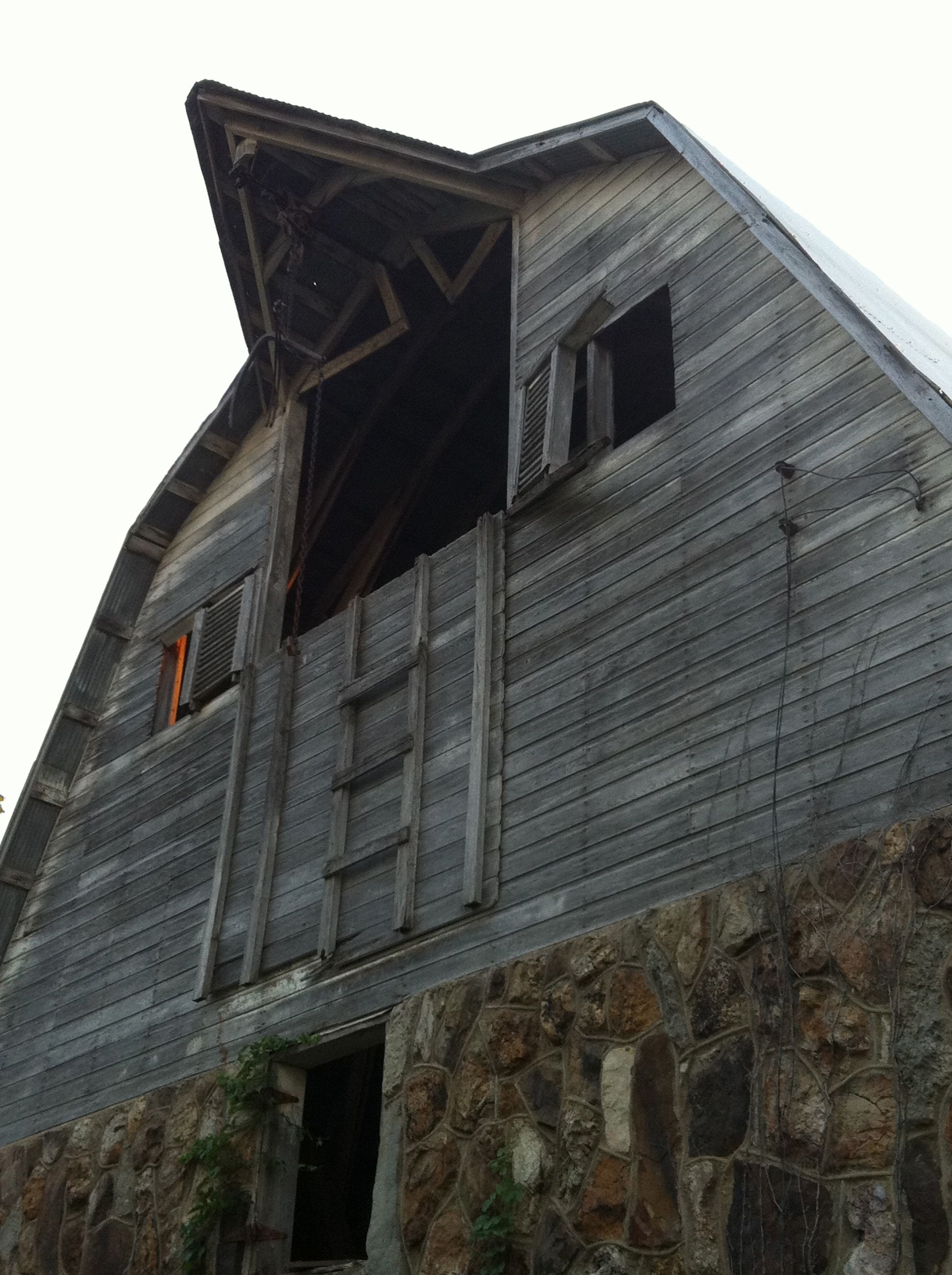
Confession: I didn’t grow up on a farm.
My husband did, but we don’t live on a farm now. Or even in a rural area. We live in St. Louis. Before that we lived in Chicago. And we’re moving to Wichita.
So what am I doing on a blog called Rural Women Rock?
Did you know 17 percent of Americans live in areas deemed rural? That’s 50 million people.
And, get this, a staggering 80 percent of our nation’s land is rural.
Rural spreads way beyond the Corn Belt. It exists in every state of the Union. So do its values: hard work, family, community, love of God and country.
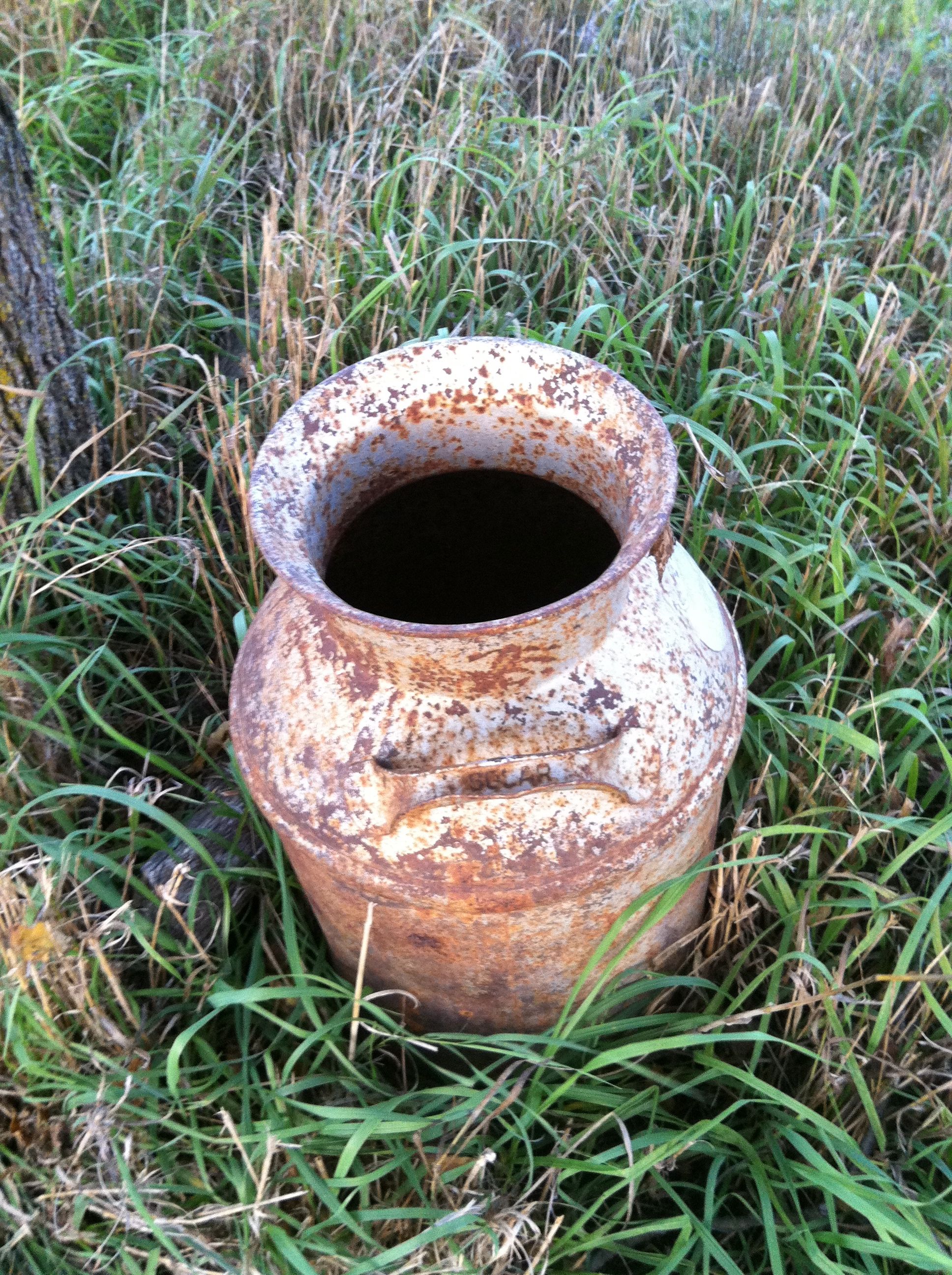
For 85 years, my husband’s family operated a dairy farm in south central Missouri. At one point, they had 1,600 acres and 200 milking cows.
All that changed the gut-wrenching day in 1993 when the dairy cows were sold. There was no other choice. There was no way for the dairy farm to continue.
A portion of land remains in the family. My in-laws still farm some livestock and crops in addition to their day jobs. To live rural is to live resourceful.
One year, I traveled the Midwest on puddle jumpers for my employer at the time. My assignment? Get a firsthand glimpse of Farming, USA.
The sheer vastness of cropland left me stunned. Rows and rows, fields and fields of corn and soybeans, wheat and barley. A giant patchwork quilt of farms.
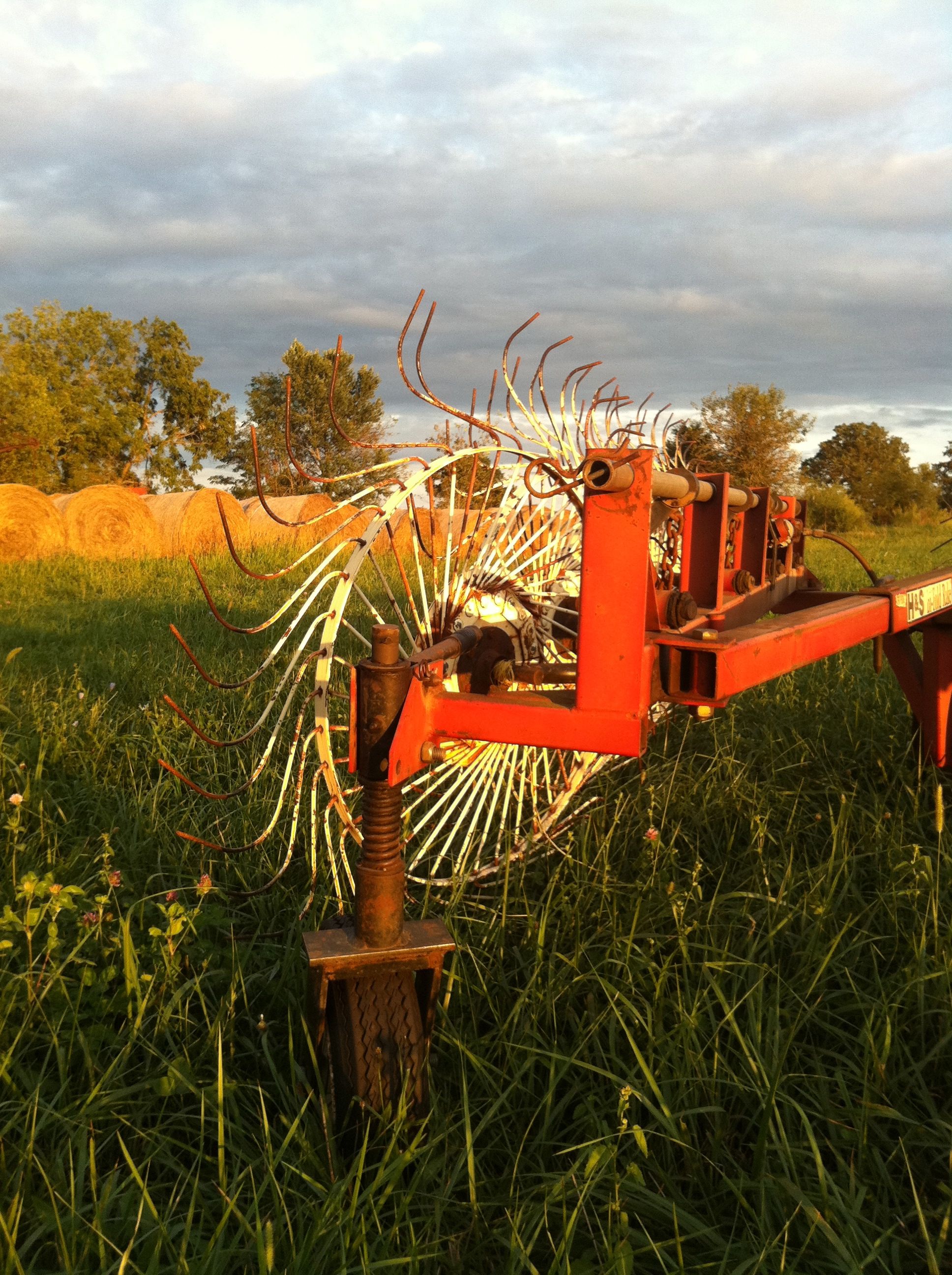
America’s cropland is exquisite. The dirt in the South where I was raised is the dramatic red earth of Tara. But in Iowa, the dirt is chocolate cake. Fluffy, dark, rich. Nothing else like it in the world.
A quote from the EPA: “The United States is blessed with more arable land than any other nation on earth.”
Did you read that? We’re blessed.
Only about one-fifth of our arable land is used for crop production and one-fourth for grazing livestock. Farmers make this small percentage go a long, long way.
Today each one American farmer produces food for 130 other people.
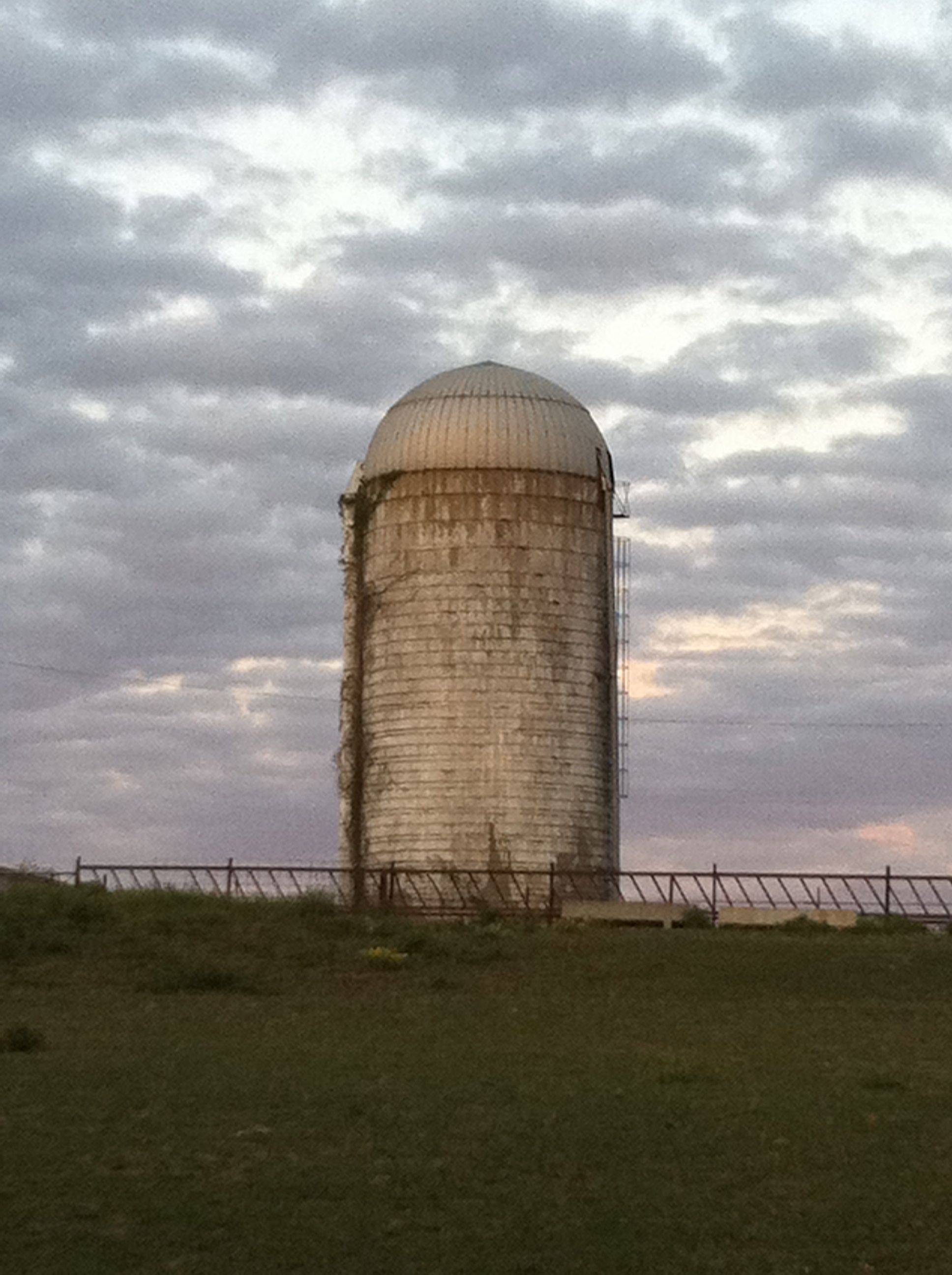
And Audubon ain’t got nothing on rural. Nature thrives in rural.
Have you ever seen a flock of wild turkeys float freely down a dirt road, bouncing like a bunch of walking pillows?
Or watched a wolf’s shadow sweep across your truck’s headlights on the way back to your cabin?
Have you witnessed the timeless words of The Holly and the Ivy come to life in a field before your eyes? Oh, the rising of the sun and the running of the deer.
I have, and I was just visiting.
This is the land of spacious skies and amber waves of grain. The fruited plain, bountiful, free. It is our forgotten heritage as Americans.
A few more conclusions quoted from the EPA:
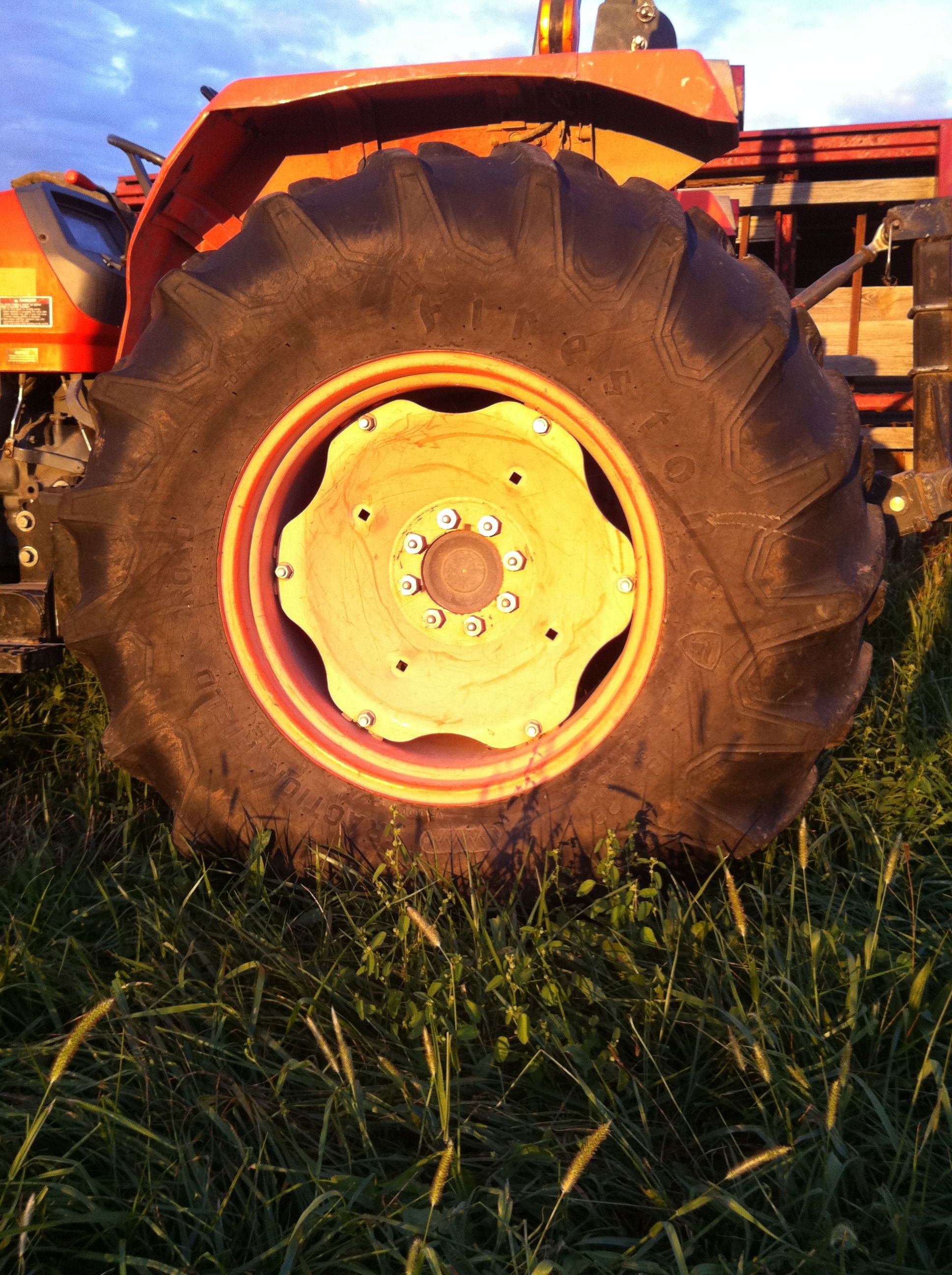
- The U.S. farmer is the most productive in the history of the world.
- Food is more affordable in the United States than in any other developed country in the world.
- There is a definite trend toward fewer farms producing an increasing share of agricultural products in this country.
- In spite of many challenges, U.S. agriculture is uniquely positioned to provide for the food and fiber needs of a growing world community.
Not to mention the food is delicious. Blue plate. Meat plus three. My mother-in-law makes a powerful concoction she’s understatedly dubbed cheese potatoes. Now that is how the west was won.
Women who live rural, just like women who live metro, support their families and communities in ways too numerous to count.
Theirs is a sisterhood of endurance through hardship. Perseverance with grace in times of boom and in times when there’s no other choice but to sell the cows.
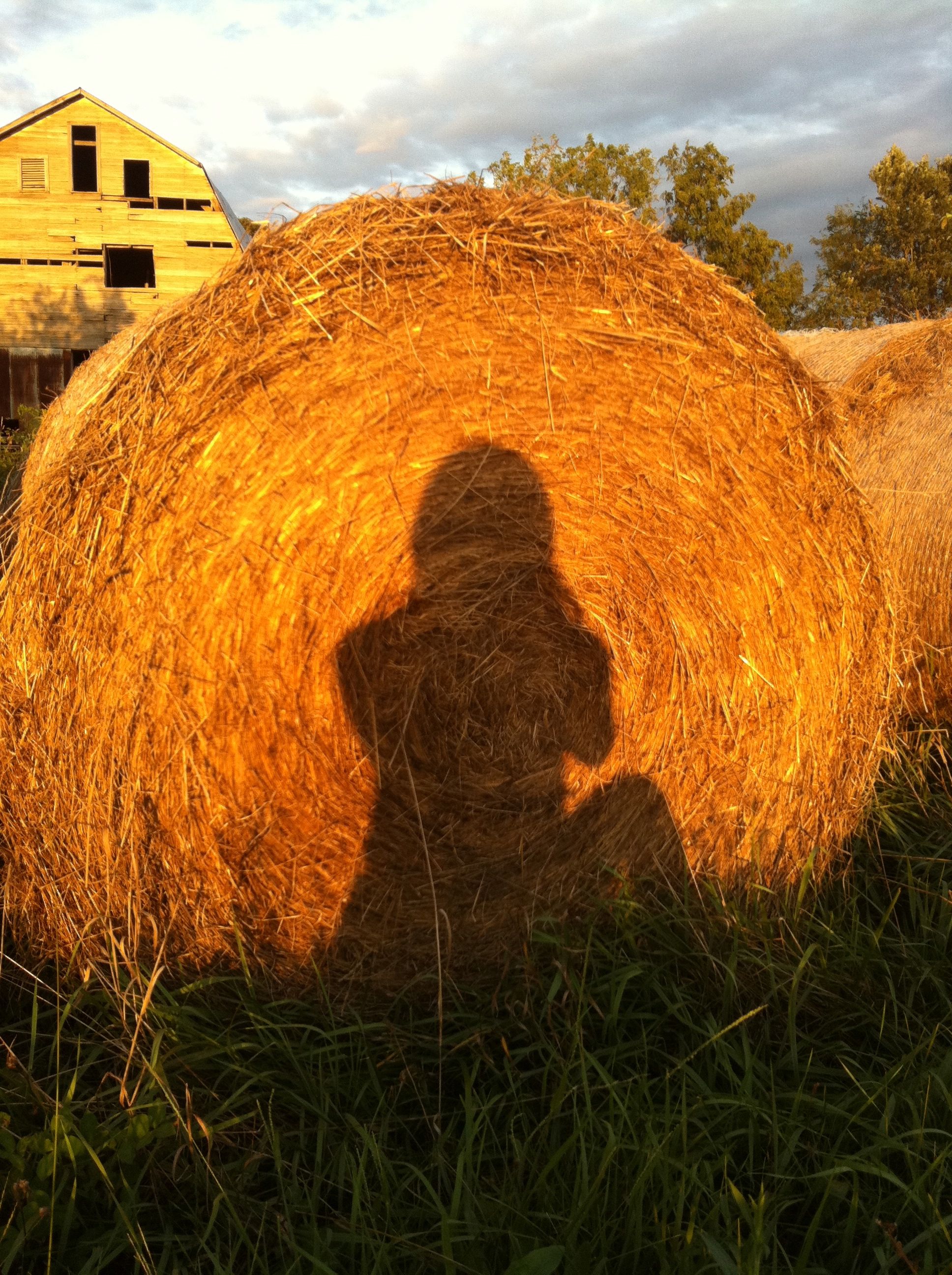
Chances are, most Americans will never live rural or set foot on a working farm.
Most of us are are far removed from the technology and commitment it takes to run the most productive farms in human history and meet the demands of the world’s table.
And yet agricultural exports, born of rural America, are a bright spot in our stagnant economy. Many things can be jettisoned when money is tight, but people have to eat.
I’m on a blog today called Rural Women Rock because they do.
Who they are, what they do, where they live matters to America and to the world. Daily we reap the benefit of their harvest. We live in a house they built. And for that, we are truly blessed.
The LORD will indeed give what is good,
and our land will yield its harvest. Psalm 85:12 NIV
Delightful song by Ashton Shepherd, Where Country Grows.
The photos in this post were taken on the Whetstine farm in Cabool, MO.
Thank you Aimee for sharing your talent. Love the post and am grateful for your voice of appreciation for farmers, their hard work and our wonderful rural areas. Wonderful pictures of the family farm!
Thank you, Jeanne for reading and commenting. The pleasure is all mine to shine a little light on people and places we sometimes misunderstand and take for granted.
Great post. Love the use of the EPA information. We are blessed. I thought all soil was black having grown up on a farm in east central Illinois. Then I visited relatives in NC when I was 8. I thought something bad had happened to make the soil red. My dad simply said, nope, they just missed out on the glacier we got a long time ago.
We also had a heart-wrenching day in 2009 when our 80 cows were hauled off in trailers for the sale barn. The best decision we made before we lost everything, but it was painful for my husband to own up to the fact that it was over.
Leah, that is so hard. My husband and I weren’t married when my in-laws had to sell their cows. But they took a video of it. As you described, they loaded their animals on the trailers to be hauled away. I can’t speak for my in-laws, but I’ll bet they feel similar to your husband. Good decision in the long run, but what a tough ending.
I grew up in NC. Still strikes me when to see the red, red earth when we fly home to visit. My years in Illinois were spent in the cit-ay. Never saw the soil. So it’s black, huh? Dark chocolate cake, perhaps?
Oh goody, I loooove looking forward to stuff. Ha, that sounds so ridiculous that I’m going to just leave it at that. Bah! :-)
BTW, thank you for reading!!
And I’m not sure but I kinda used to think that my Grandpa’s Alzheimer’s was contagious! ;-)
Ah, yes, this is me…Iowa is where I reside. Beautiful photos and I absolutely love your hay bale shadow pic! Beautiful. Btw, I did mention you in a post a while back but I forgot to tell you, or I got busy, sorry! Here it is:
http://whileitwasfallingapart.wordpress.com/2011/10/02/deep-thoughts-with-pho/
Joy, thanks for cluing me in. I clicked over to see your thoughtful post. Wonderful! Very nice analysis of what’s going on inside you (and a lot of us too!). I saw the later post on pho, so not sure how I missed that one. Only thing I can figure is that week was a bit wild for me as I was announcing our relo. Oh, and how did I miss you were from Iowa too?! Gee wiz. I’m not old enough to be losing my memory yet. Am I? :)
PS: I hope you’ll come back tomorrow. There’s a link you’re going to love! It’s not our favorite SNL episode, but it’s close…
Great post. The San Joaquin Valley, where I live, has often been called the food basket of the world with all the fruits and vegetables grown here (most of our CSU Fresno acreage is actually farmland!) – and growing up, my parents cultivated a small raspberry farm aside from their full-time day jobs. While I’m a very urban person, and would have a hard time living in the country, I greatly appreciate the lifestyle, and even more so, the people who do it. Actually, in Hungary (not sure about here) it’s common to include a blessing for the farmers who gave the sweat of their foreheads for our dinner in the table grace. They deserve it.
That is a terrific tradition and prayer! And the area where you live is so beautiful. My husband used to market products specifically for fruits, vegetables and nuts. He spent a lot of time in CA and fell in love with it. Like you, we’re urban dwellers. And although we may never live on a farm, he’s still a farmer at heart!
Thank you for this post. Yes, we are country of many blessings. I wish everyone felt the way you do about rural America. From my front porch all I see are the blessings of this great land.
Emily
That’s the benefit of living where you do. I’m not sure I’d be aware of the beauty and blessings of rural America except for the exposure I’ve had. Good reason for us to keep telling the stories…
Stunning post. Love your writing! Love the hay bale photo too. Thanks for sharing!
Thanks, Amy. I’m fond of the hay bale photo too. I was trying to get a shot of the hay bale without my shadow, but it turned out to be more interesting with :)
Great post, Aimee! I loved it.
Thanks, Angie!
Loved this!! It makes me miss those days growing up. I can look back now and be so very thankful that I was brought up to work hard, have responsibility, and learned just how blessed we are by God each and every day!! Thanks for reminding me today of a childhood that I loved and can be proud of!!
Thank you, Jess. You absolutely can be proud of your childhood. It had a lot to do with making you the beautiful, generous woman you are today!
So, you have anymore pictures of the farm? I didn’t realize how picturesque that old barn is. Can I also tell you, its a little weird to read this after having lived it. You make it sound like a story. You really have a way with words.
Love ya Aunt Aimee!
Thank you, Jena. I took these pictures and more one evening over Labor Day weekend. It really is picturesque and peaceful, walking the property. Hope to catch you there again soon. Love you, prof.
Thanks for this blog, Aimee. Rural women do rock, get little notice and, judging from the farmwives I know, prefer it that way. They help with the farm, raise kids, take care of the house and many work outside of the home as well. They are a hardy breed and I am thankful for them at every meal! BTW-Love the Cabool/Willow Springs Area. Your hubby was blessed to grow up in such a beautiful area.
They are a hardy breed, Kari. It’s been interesting to me to discover how diverse rural women are in what they do. As you mentioned, many work outside the home as well. The internet makes it possible for women (and men) to work city jobs while living in the country.
PS: The real Ozarks of Missouri are beautiful. Jeff and I joke that he grew up on Walton’s Mountain. Idyllic.
Sigh. I love rural America. I grew up in a town surrounded by farmland, but with no farmers in our family. I remember once telling my dad, when I was about 14, that I wanted to live on a farm.
As the grandson of farmers, who spent a lot of his growing-up time on the farm, he laughed out loud at me, telling me I had no idea how much work it took. And he’s right; I really didn’t. But it was still a pretty romantic idea in my head.
I dated a boy whose family had hogs and lots of farmland…one trip to his house and I was out…seeing how much work his mom did (they had 5 or 6 kids in addition to their huge farming operation), and how it smelled, I knew I wasn’t cut out for that :)
So, I’m a city girl who really appreciates the country.
I’m with you, Nicole. I get tickled when we tell people we’re going to “the farm” to visit Jeff’s family. I can see they have the same romantic idea in their heads as you described :). Most of us may never live on a farm, but we can appreciate those who do and all their hard work.